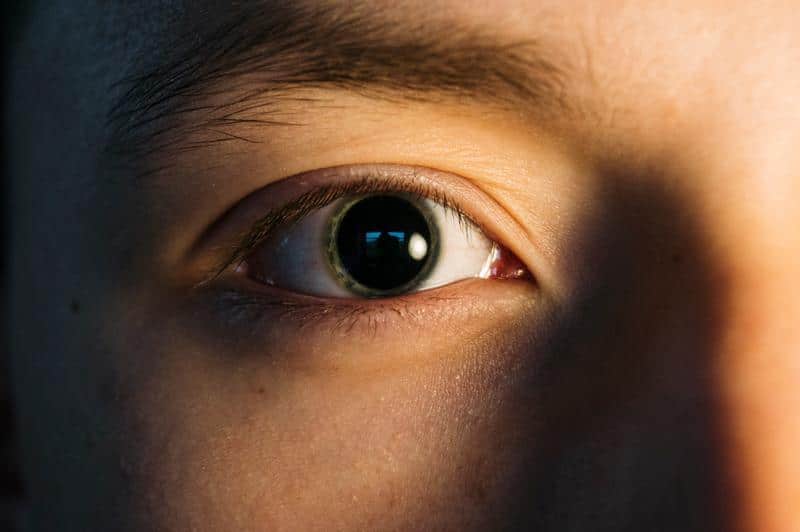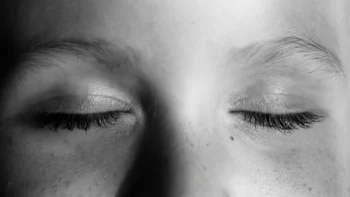The dark circles at the centers of your eyes are called pupils. They are openings in the middle of the irises and let light enter your retinas so you can see.
It’s normal for your pupils to change size depending on the amount of light they’re exposed to. However, pupils can also dilate—become large and stop responding normally to light.
What Causes Pupil Dilation?
Medications
Certain over the counter and prescription medications can cause pupil dilation as a side effect. These include:
- Antihistamines
- Anti-nausea medications
- Anti-seizure medications
- Decongestants
- Parkinson’s Disease medications
Injuries
An injury to the eye that damages your iris can lead to pupil dilation. Head injuries, strokes, brain tumors, and complicated surgical procedures, such as cataract surgery, can all cause pupil dilation.
Drug Use
Certain types of illegal drugs cause dilated pupils and affect how your pupils react to light. Such drugs include:
- Amphetamines
- Cocaine
- Ecstasy
- LSD
Other Conditions
There are a few other conditions that cause dilated pupils:
- Adie’s pupil: This is a rare genetic condition in which one pupil is larger than the other and is either slow to react to light or doesn’t react at all.
- Benign episodic unilateral mydriasis: This is a condition in which one pupil suddenly becomes dilated. The condition may cause blurry vision or headaches, but is ultimately harmless.
- Congenital aniridia: This is a very rare condition in which one or both eyes miss part or all of the iris. The condition is often accompanied by other serious eye complications.
Dilated Pupils During an Eye Exam
During regular eye exams, doctors often use medical solutions to dilate your pupils and examine the backs of your eyes. The dilating drops wear off in just a few hours.
What Problems Can Pupil Dilation Indicate?
In cases of medication or illegal drug use, dilated pupils typically resolve on their own within a few hours or a few days. During this time, you will be sensitive to light because your pupils can’t constrict to limit the amount of incoming light.
Because pupil dilation can indicate drug use or head injuries, doctors often check the eyes after an injury or accident.
When Should I Visit the Doctor?
If your pupils become dilated and don’t constrict when exposed to light, you should schedule an appointment. If you have suffered a head injury, seek emergency care immediately.
Treating Dilated Pupils
If your pupil dilation is a reaction to a medication, you may be recommended to simply wait for the effects to wear off. Wearing tinted sunglasses can help you deal with light sensitivity in the meantime. You can also speak to the physician who prescribed the medication and see if there’s something else you can take.
If dilation is caused by a head injury, stroke, or brain tumor, you need to seek out more intensive treatment. In addition to treating the issue or injury, surgery may be required to fix the damage done to the nerves within the eyes.
Pupil dilation can happen for many reasons. In some cases, dilation wears off on its own. In others, pupil dilation may indicate a serious and immediate problem. If you have any questions about pupil dilation, contact Brimhall Eye today.





